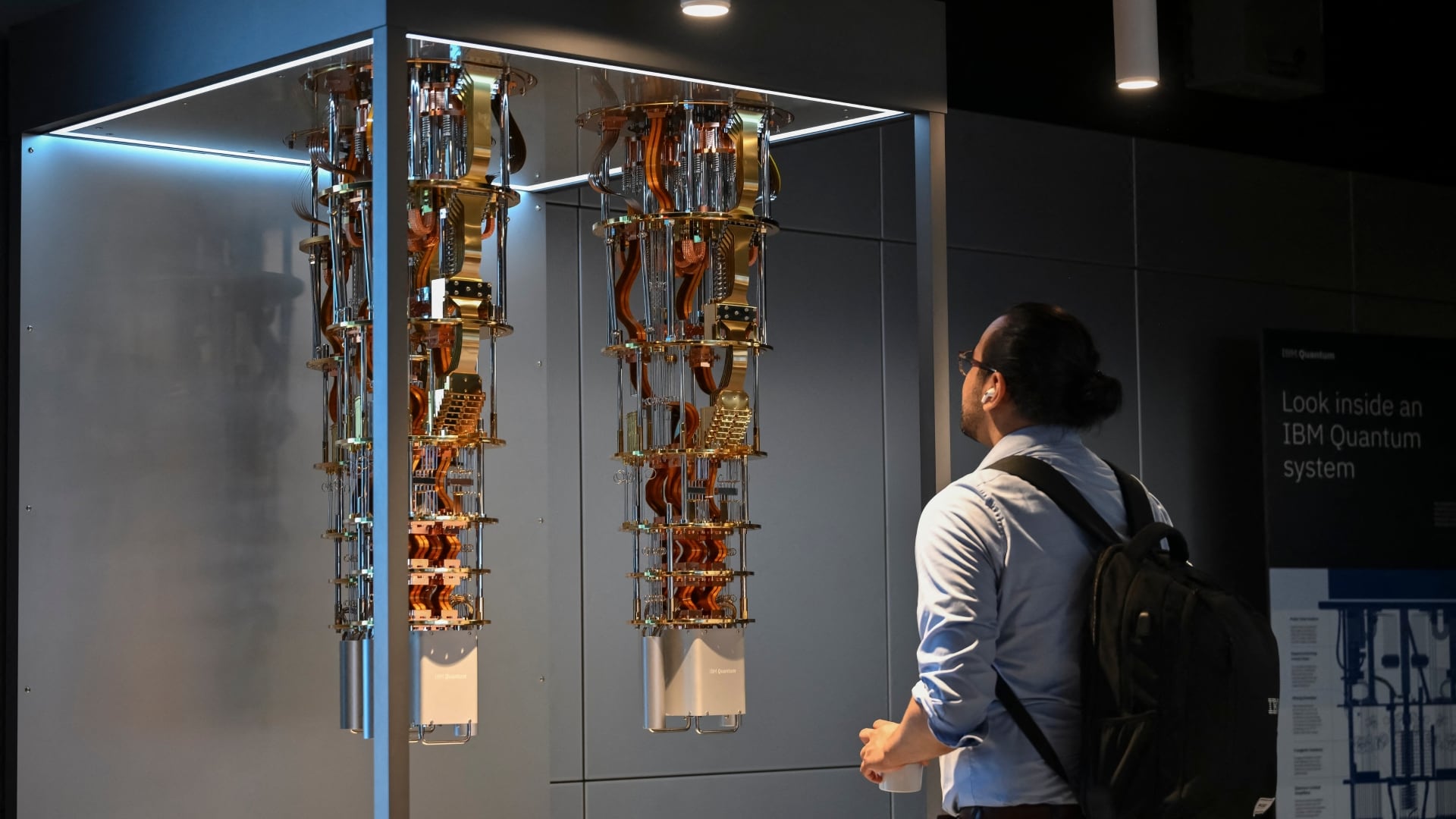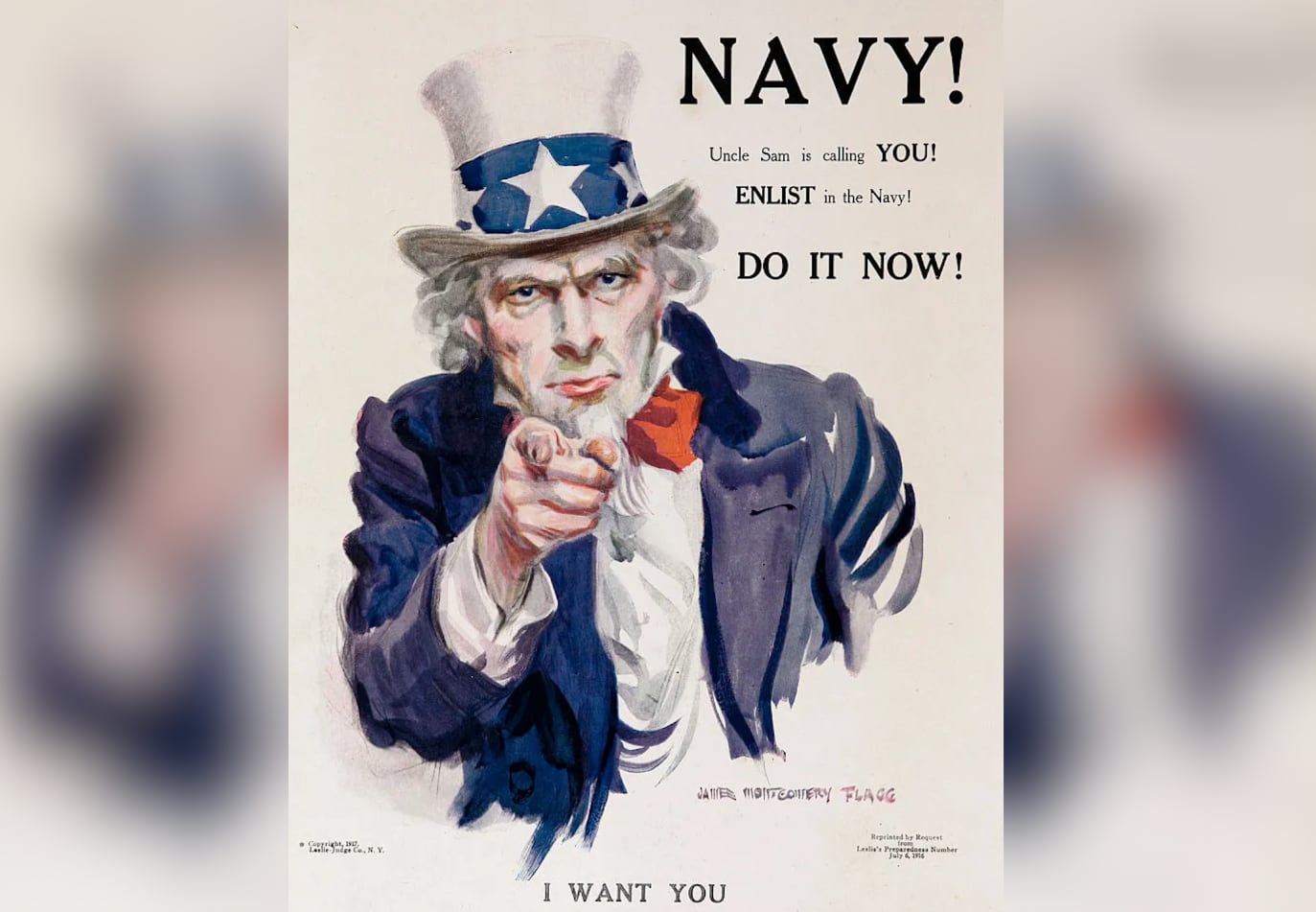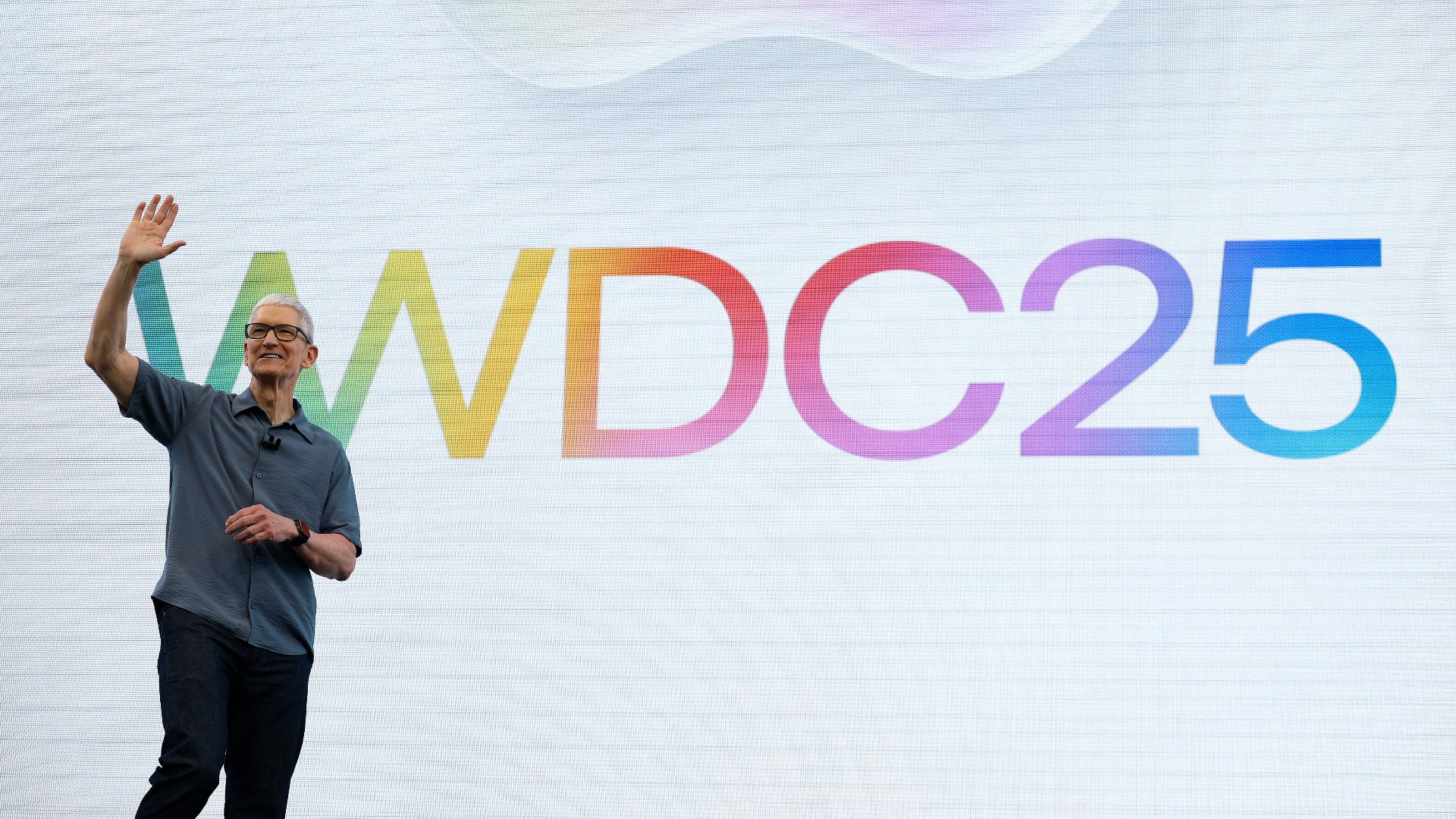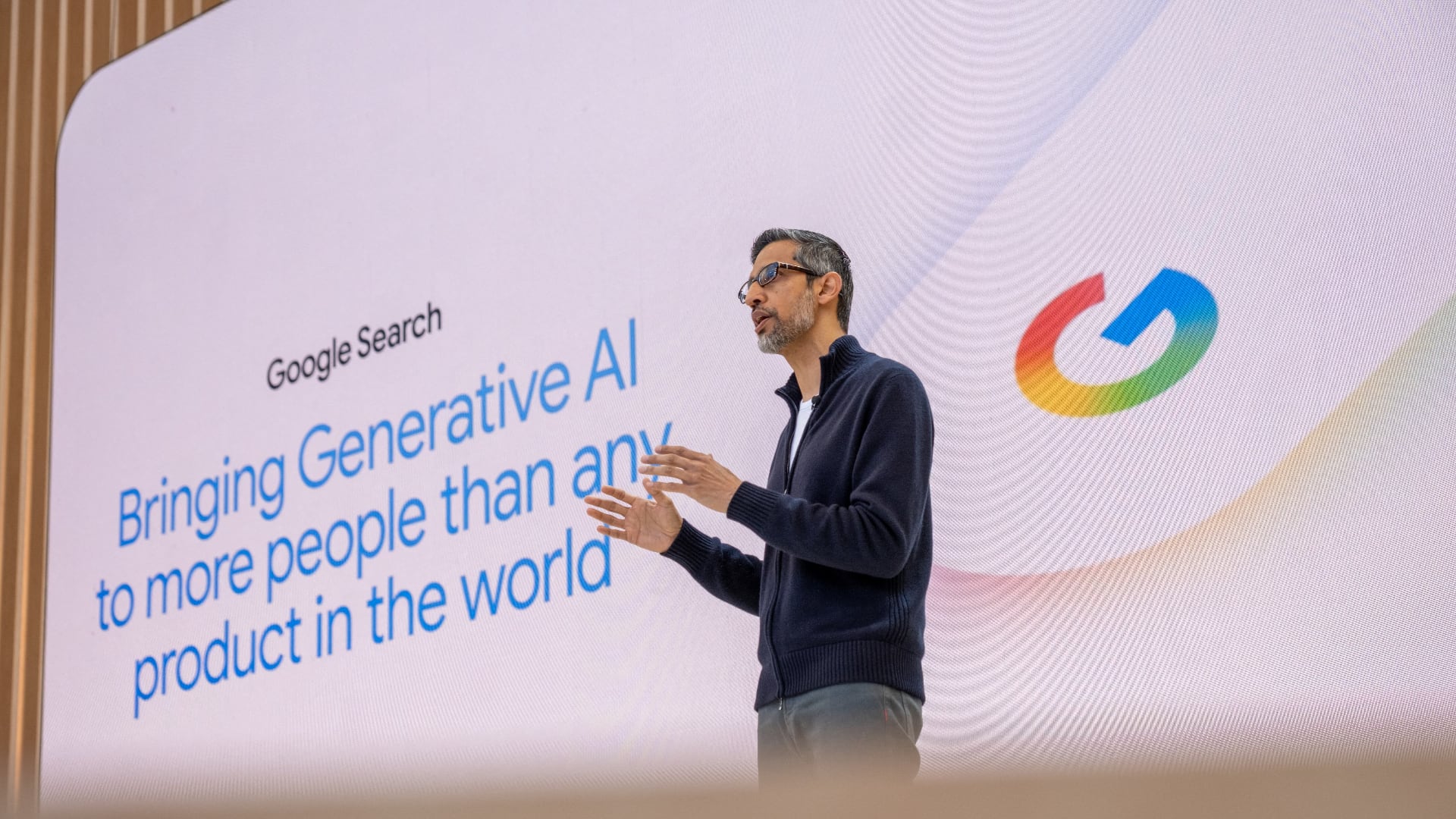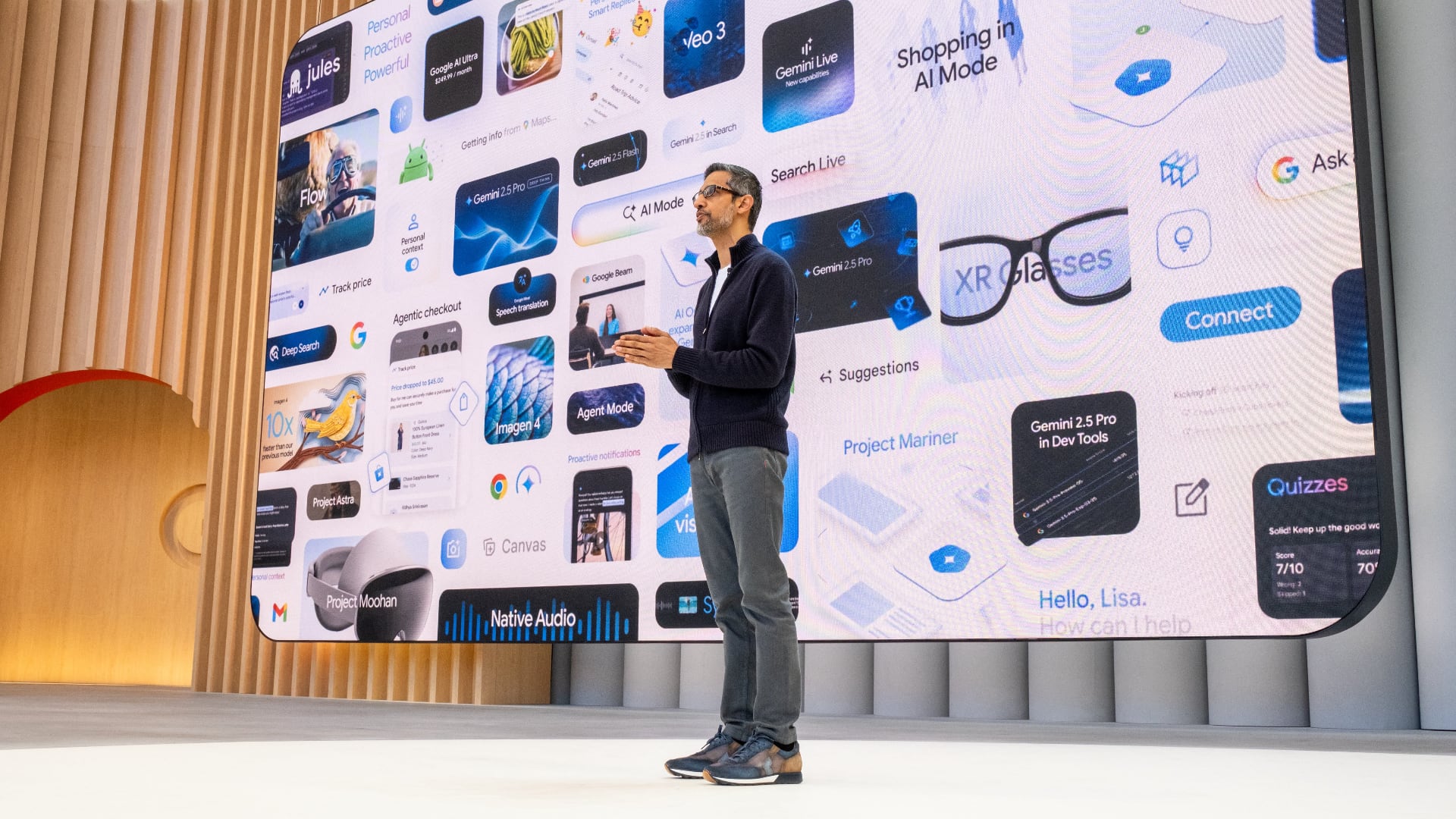*By Tanaya Macheel* The highly coveted crypto.com domain has fetched a hefty price tag. Monaco, a Swiss payments and cryptocurrency startup, paid $12 million for the URL as part of a rebranding strategy, according to a source involved in the transaction. Interest in the domain has always been high among cryptocurrency companies but boomed this year as mainstream interest in the cryptocurrency market grew following the price spike at the end of 2017. Domain sellers speculated it could have sold for between $5 and $10 million. Crypto.com previously led to the personal website of Matt Blaze, a prominent cryptology researcher and professor at the University of Pennsylvania. Blaze had maintained for years that the domain was not for sale and has been critical of the growing number of people that use the “crypto” prefix as an abbreviation of cryptocurrency, rather than cryptography ー the science of writing or cracking codes. Neither Blaze nor Kris Marszalek, Monaco's CEO, responded to requests for comment. "I don't think conflating cryptography and digital currency will serve either field well in the long run, particularly as to how they're perceived by the public and policymakers," Blaze wrote on his blog over the weekend. "Surprisingly few of the important aspects of digital currency are directly related to its cryptographic components." TechCrunch reported Friday that Blaze had finally sold it to Monaco for an undisclosed amount. The two parties reached an agreement in June after discussions with a handful of other potential buyers that began earlier this year, Blaze wrote. He maintains he has "no idea" what Monaco plans to do with the site and that he has no financial stake in the business. Monaco currently offers a peer-to-peer transfer service with crypto and wallet app, though it's perhaps best known for its Visa debit card that allows users to spend cryptocurrency funds from their wallets anywhere that accepts Visa card payments. Like its current competitors in the space, Monaco is now working to offer a larger suite of financial services ー including an investment service like that offered by Coinbase, Robinhood, Circle or Square, as well as a credit line. For full interview, [click here](https://cheddar.com/videos/highly-coveted-crypto-com-domain-name-sold).
